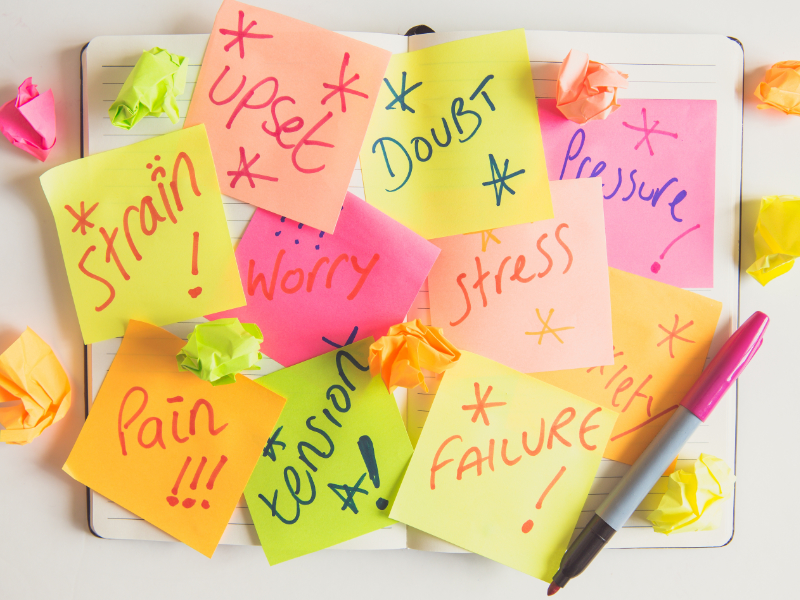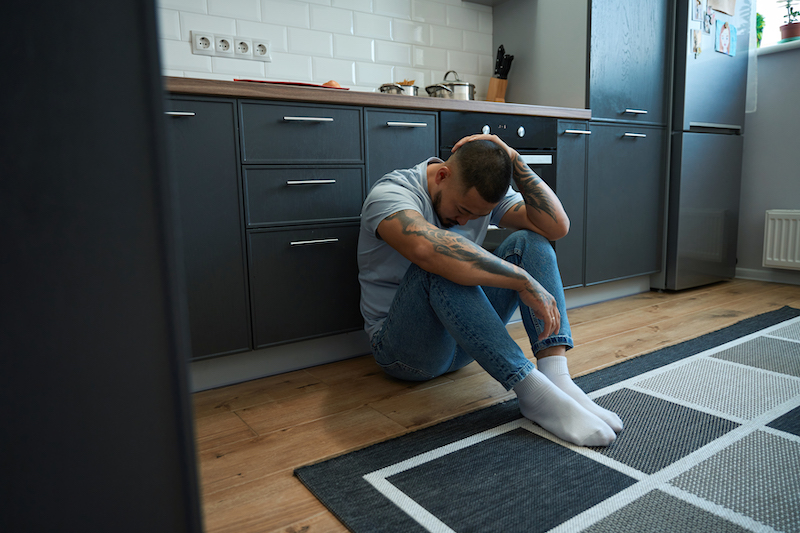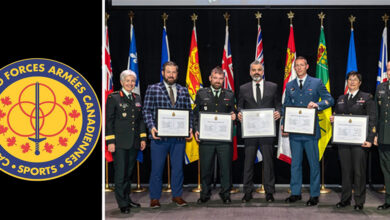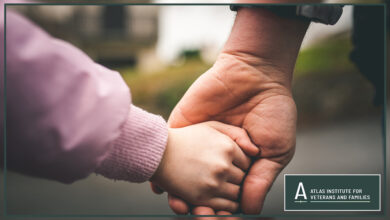 ROAD TRIP!!! The words are yelled out with excitement and energy and are usually a reason for anticipation and enthusiasm. Well, at least that’s how I see it portrayed in the movies, and also maybe during the time my friends and I drove from RMC (Royal Military College) to Florida for spring break on a whim.
ROAD TRIP!!! The words are yelled out with excitement and energy and are usually a reason for anticipation and enthusiasm. Well, at least that’s how I see it portrayed in the movies, and also maybe during the time my friends and I drove from RMC (Royal Military College) to Florida for spring break on a whim.

When Anxiety Takes Over
This exciting feeling is not the case for many. Anxiety takes over and keeps some people from experiencing the joy (great tunes and conversation) and possible pain (muffler falling off and speeding tickets) that this experience has to offer. Yes, I have experienced all the situations described. Canadians and tourists to Canada put thousands of kilometres on their vehicles visiting our national parks and amazing cities every summer.
Road trips are almost a rite of passage. So, when anxiety, which is normally a common human reaction, becomes excessive, some are unable to participate. This holds true for other activities like meeting people, going grocery shopping, trying new activities, and learning fresh skills. It is disabling and real.
Anxiety Disorders
Anxiety disorders are common, and social anxiety disorder, a very prevalent disorder that is often referred to as the disorder of missed chances, diminishes opportunities to engage in these novel, enriching, and sometimes challenging situations. Opportunities to learn, feel, and grow are left in the dust. What can people with anxiety challenges do? Or perhaps another question is how do we support those with these challenges? There are some ways for the individual and the collective to assist.
Anxiety support for individuals
SHORT TERM TOOL – Breathing. Sounds simple, I know, but connecting to a deep inhale and long exhale actually does provide a physical support to calm you. Try the flower/birthday candle technique: deep inhale through your nose like you are smelling a flower, then long exhale through your mouth like blowing out
several birthday candles (about 47 in my case). Do this as often as you can during the day.
LONG TERM TOOL– Exercise, nutrition, reduce caffeine, and small/safe doses of exposure to the trigger situation.
Anxiety support for caregivers (friends, family and general public)
SHORT TERM TOOL – Empathy. Remember that this is real and scary for people. Blowing it off like something they should “get over” or “toughen up to” really doesn’t help. Try saying the words “That sounds hard” or “that must be scary” to validate their experience. We humans appreciate that.
LONG TERM TOOL – Support their progress and be the person who doesn’t shame, guilt or judge a person’s reaction to events, places, and situations. Know that individuals can learn skills to overcome some of these challenges, but it takes time and consistency. Practice empathy, feel with people – check out Brené Brown’s TEDTalk about empathy on YouTube, it may help with forming a new perspective.
In general, no one chooses to be disabled by anxiety, or to have mental and physical symptoms that change their behavior in a possibly negative way. Our bodies and minds are connected, and we need to remind ourselves of that. If anxiety takes over, lasts for more than 6 months (in bursts, not continually), we should seek help. Medications, therapy and support groups are oftentimes a great help. To find support in your community, contact 211 (on the phone or the amazing internet) 24 hours a day, 7 days a week.

Reach Out & Call Someone
The number, 211 provides access to someone you can discuss with and figure out the next steps for any social service – where to go for anxiety support or even where to go to join a hiking group. Experiences like road trips and new adventures are part of the weird and wonderful human experience. We all decide what is good/bad for ourselves but sometimes a disabling condition gets in the way. Perhaps we all have a part to play in supporting ourselves and others so we can hit the open road and enjoy it.












